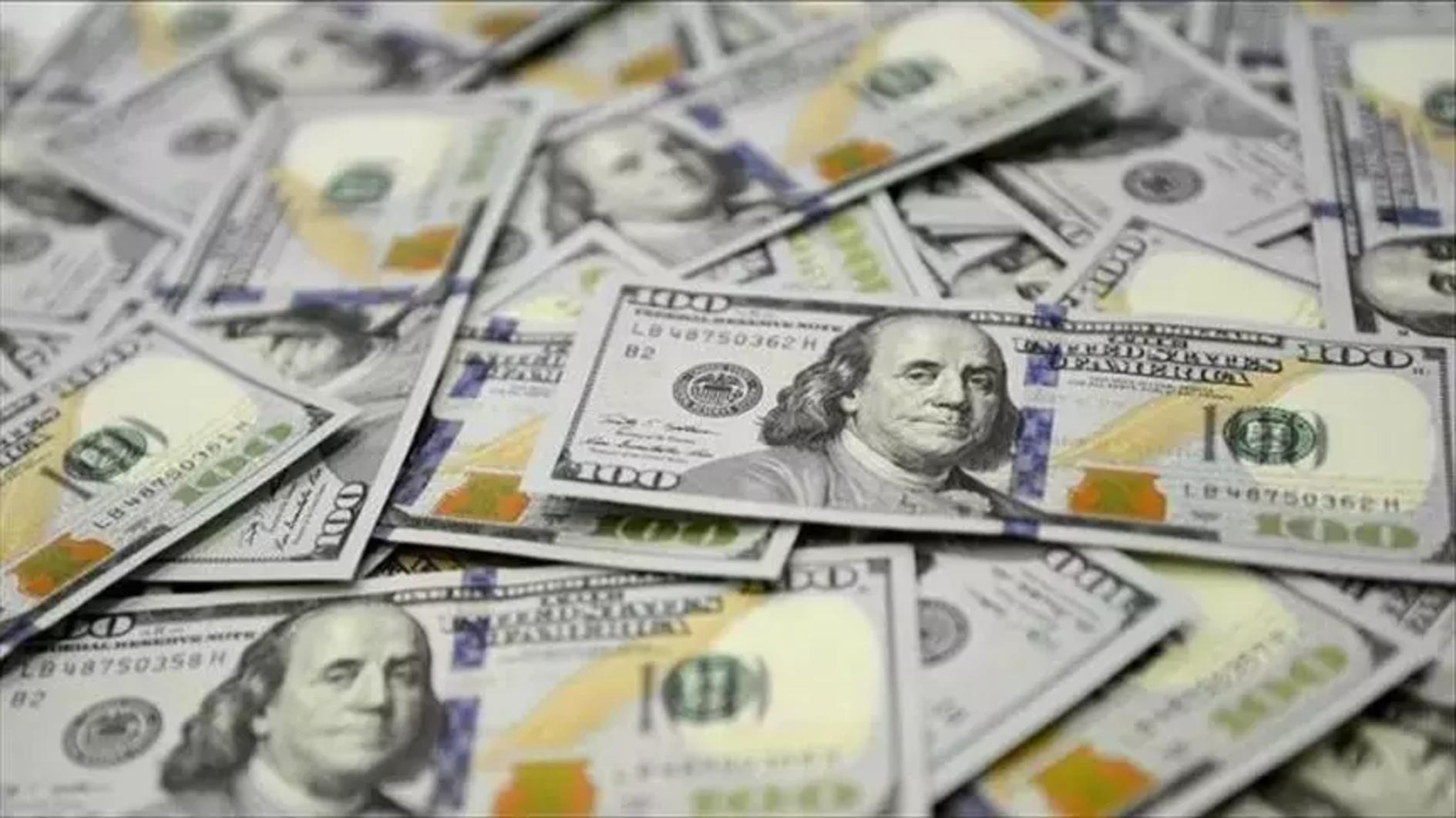EU restrictions on Ukraine grain imports extended to Sept 15
BRUSSELS

The European Union will extend restrictions on imports of Ukrainian agricultural products imposed by five member states seeking to protect their farmers to Sept. 15, the commission has said.
Major grain producer Ukraine was forced to export more of its produce by land through EU neighbors after Russia blockaded its Black Sea ports following the invasion that began in February last year.
The EU suspended import duties on Ukrainian agricultural products in May 2022 in a sign of solidarity with its war-torn neighbor.
But the flood of Ukrainian grain imports in eastern European countries put pressure on prices and sparked concern about a saturation of local markets, with Bulgaria, Hungary, Poland and Slovakia unilaterally banning them in April.
Later that month, Brussels reached a deal with five member states, due to expire on Monday, allowing them to block the commercialization of four products as long as their transit to other countries was not prevented.
The bloc will "phase out by Sept. 15" the restrictions affecting Ukrainian wheat, maize, rapeseed and sunflower seed that were adopted due to "logistical bottlenecks" in Bulgaria, Hungary, Poland, Romania and Slovakia, the commission said in a statement.
"These measures continue to be necessary for a limited period of time given the exceptional circumstances of serious logistical bottlenecks and limited grain storage capacity ahead of the harvest season" in the five countries, it added.
The "exceptional and temporary measures fully respect the EU's strong commitment to support Ukraine and preserve its capabilities to export its grains which are critical to feed the world and keep food prices down," the commission said.
The new timetable will also try to address challenges Ukraine faces in exporting this year's harvest, it added.
A joint coordination platform has been set up between the commission, the five member states and Ukraine to improve the flow of trade and transit of agricultural produce through corridors.
Kiev had urged the bloc not to extend the restrictions beyond June 5. Ukrainian Agriculture Minister Mykola Solskyi likened them to giving Russian President Vladimir Putin "extra weapons" against European unity.
Ukrainian President Volodymyr Zelensky has called the measures "protectionist" and "cruel."
Other EU members, including economic powerhouses France and Germany, have also expressed their opposition to what they described as "differential treatment" within the bloc's internal market.
















